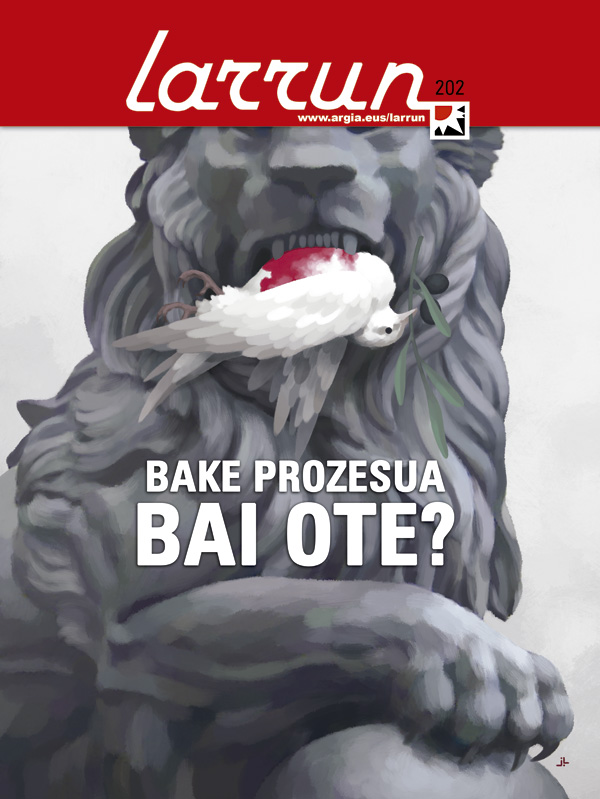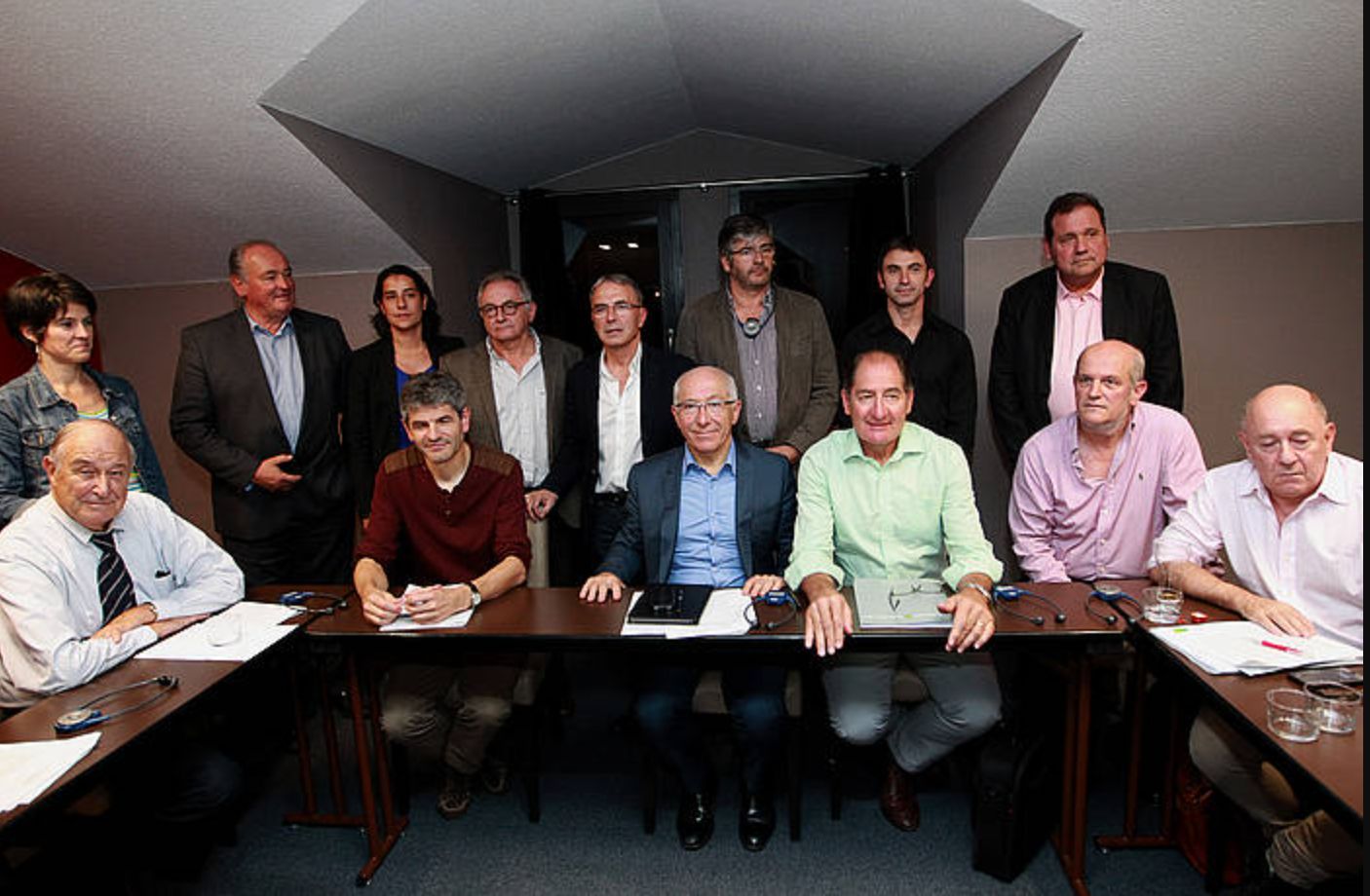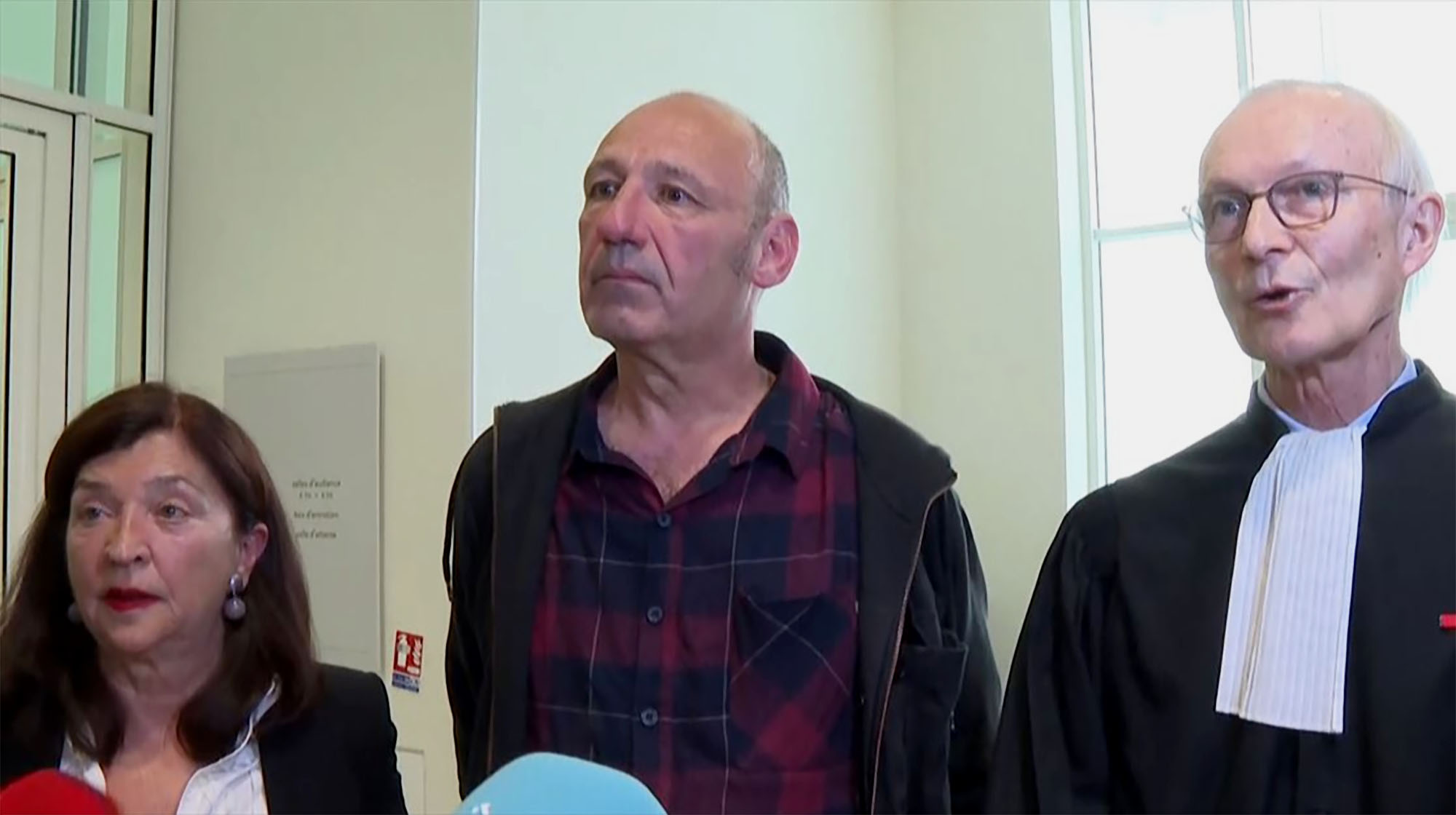If the peace process is to be successful, a new political culture must be promoted.
- There is no peace process in Euskal Herria,” said Arnaldo Otegi. In the same week the Basque Parliament tabled a motion to set up the Basque Government's Freedom and Coexistence Conference. Arantza Quiroga stated that, without “condemning” the violence, “it was enough to despise it”. EH Bildu qualifies the proposal as an “appropriate starting point”. The step, which seemed solid to guide the peace process, lasted only 24 hours.

On 17 and 20 October 2011, there were two milestones in the implementation of the peace process and the resolution of the Basque conflict. The Aiete Declaration and the final ceasefire of ETA, respectively. Despite the fact that four years have passed, the pillars for a strong peace process have not yet been established. Working well on the issues of victims and prisoners is essential to foster coexistence. Politics, stricto sensu, should help in this task. However, the political interests, especially those of the Spanish State, impede the peace process.
We have made this leather in order to understand the situation of the possible peace process. Carlos Martín Beristain (Bilbao, 1959), Jon Mirena Landa (Portugalete, 1968) and Mariano Ferrer (Donostia-San Sebastián, 1939) have contributed to this work. We have reflected their opinions in three interviews. Firstly, we have set out as an introduction some of the opinions drawn from the discussions with the three.
On victims: Martín beristain
The end of ETA is not the end of the problem, and its end, simply, is not enough to heal the wounded society. But, of course, to make known the situation in which the victims have been found, including their recognition, will not be letting time go on its own. On the contrary, the knowledge of the victims must create a number of conditions that will enable the necessary peace process to be resumed. Without this situation it will be more difficult to move forward. In other words, the conditions for improving the social climate must be sought. Society has to generate its own energy to develop the process, otherwise the current status quo will not change or find a solution. A constructive policy must be pursued, and to this end it is essential to dignify suffering. We must create spaces of solidarity to break down existing barriers, to help break up defence memories.
On prisoners: Campa Jon Mirena
ETA’s violence is over, but the Spanish State continues to make politics as if the phenomenon of violence was in force. It would be logical for the State to say: “The terrorist phenomenon is over and the law against it is over.” However, for reasons of state, it does not want to change prison policy or, in general, conflict policy. The issue of prisoners is complex. If your problem cannot be reversed in the current situation, other avenues could be opened. If the state continues on the closed road, the Abertzale left has to help the prisoners find solutions to their demands. It is not easy to make progress, of course, but in order to improve the situation of prisoners, the policy must be clarified. Basque society needs political leaders in all political sectors to help clarify its ideological framework. The new policy should not force the prisoner to repent, nor should it impose full punishment on those who do not take that path.
Policy: Mariano Ferrer
The world has changed radically over the past 50 years, as well as the historical circumstances that led to the creation of ETA. Anyone who believes that a phenomenon such as ETA can be created lives outside the current political reality. Basque nationalism has lost the "credibility" it gained after Franco in the last 30 years. Spanish nationalism uses the “terrorist phenomenon” to make politics, to create “fear” in society. The Abertzales have to gain respect for society. Enemies won't give them free. The Abertzales have in Navarre a new opportunity to win this challenge, which has already begun. Instead of seeking political victories, nationalism should work on a policy that removes the prejudices that exist in society. In general, politicians should avoid the “here I am” image that usually appears the day after the elections. Without working on the pedagogy of the promotion of the new political culture, it will be difficult to create new activities to consolidate the peace process.






















